Sustainability
MODULAR CONCEPT
A Keystone in Sustainable Building
Modular construction represents a transformative approach in the field of sustainability, providing a more eco-friendly alternative to traditional building methods. By transitioning the construction process from conventional sites to controlled factory environments, modular construction reduces environmental impact while increasing efficiency.

Key Sustainability Benefits of Modular Construction
NEW MODERN FACTORY
Advancing Sustainable Manufacturing
Pharmadule is redefining the construction landscape with our modular building solutions. Our approach prioritizes the environment, utilizing factory precision to reduce waste and energy consumption.
This new facility embodies our pledge to sustainability, merging eco-friendly technology with our manufacturing process to pave the way for a greener industry.
Key sustainability benefits of Pharmadule's new and modern plant:
Electric Mobility
We use electric forklifts and transportation vehicles to move material and waste around the workshop.
Water Sustainability
At the heart of our new factory's sustainability initiatives is an water treatment system, with a recycling rate of up to 75%. The water that cannot be recycled is treated to meet national standards before being released back into the environment. This ensures that our operations do not affect the ecosystem.
Solar Energy
The factory's roof is covered with solar panels. These panels will supply up to 30% of the factory's energy need. By harnessing the sun's energy, we significantly reduce our dependence on fossil fuels, which reduces our emissions of greenhouse gases.
Geothermal Cooling
Our new workshop utilize the stable temperature of the earth below ground to cool the buildings. This reduces the energy needed for traditional air conditioning systems.

SUSTAINABILITY VISION
Reducing Climate Impact
We seek to map and reduce our emmissions linked to our operation. As part of mapping and demonstrating our climate footprint, Pharmadule is currently conducting sustainability studies, including Life Cycle Assessments (LCAs) of our main processes such as manufacturing, waste management, and transportation. The identification of the most carbon-intensive materials and activities is crucial to the decision-making during the early design stages and process planning.
Requirements for Suppliers & Partners
We strive to continuously define stricter policies and expectations for our material suppliers, as this is an effective way for us to influence the market towards more sustainable material choices and energy solutions.
We are actively engaged in discussions with our partners to identify the most sustainable transportation methods available for our modules. Our goal is to offer our customers completely fossil-free transportation options. In line with this initiative, we are also exploring alternative packaging methods and materials to enhance the overall sustainability of our transport processes.
Transitioning to Renewable Energy Sources
We have set an ambitious goal to ensure 100% renewable energy use in our factory. As a first step toward achieving this, we aim to cover 30% of the factory's energy demand with site produced electricity from solar panels.

SUSTAINABILITY GOALS
Achieving net zero CO₂ emissions by 2040 is a critical goal for mitigating climate change.
Pharmadule is committed to follow the 2030 Agenda for Sustainable Development and has identified seven UN Sustainable Development Goals which are most relevant for the company. Pharmadule has adopted these goals focusing on using green and renewable energy, reduction of carbon emissions and good work environment.
The sustainability goals are evaluated and reported annually. Sustainability risk assessment is continuously performed and evaluated.
SUSTAINABILITY ADD-ON SERVICES
As part of our sustainability efforts, we are pleased to offer our customers the ability to customize their projects to achieve greater environmental performance and align with sustainability goals. We can assist you in selecting sustainable features designed to reduce your carbon footprint and energy usage.
Reduction of Embodied Carbon
Low-carbon materials, such as climate-improved concrete and higher percentages of recycled steel, are selected during the early design stages.
Preparation for Enviromental Certification
We provide modules that are adaptable for environmental certification, such as LEED and BREEAM. The modules can easily be customized to meet the criteria that can be influenced at an early stage.
Low-Energy Operation
We offer modules that are designed for low energy use. Available measures for selection include for instance an extra insulated building envelope or windows with low U-values.


